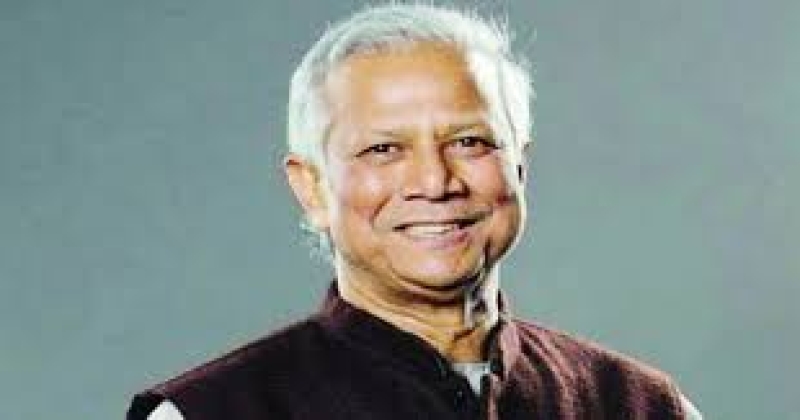- US Supreme Court Voids Donald Trump Global Tariffs |
- India looks forward to engaging with new govt in Bangladesh |
- No more running after doctors, services to reach doorsteps |
- ‘Revolutionary’ shift in economy, stock market soon: Amir Khashru |
- Stocks end week sharply lower as DSE, CSE indices tumble |
Reforms Must Precede Elections in Bangladesh: Yunus

Chief Adviser Prof Muhammad Yunus
Professor Muhammad Yunus, Bangladesh's chief adviser, told AFP on Wednesday that reforms are essential before the country can hold elections following the ouster of former autocratic leader Sheikh Hasina.
"The speed of reforms will determine how quickly elections can be held," said Yunus, Nobel Peace Prize laureate and pioneer of microfinance, in an interview at the COP29 climate talks in Baku. He emphasized his commitment to guiding Bangladesh toward a democratic process. "As soon as we are ready, we'll have the elections, and the elected officials can take over and run the country."
Yunus highlighted the need for swift agreement on constitutional reforms, the structure of government, parliamentary systems, and election laws. "We are the interim government, so our period should be as short as possible," he added.
Yunus was appointed chief adviser after a student-led uprising led to the ousting of Hasina in August. The protests began over job quotas but escalated into a nationwide movement against Hasina’s 15-year rule. The violent crackdown during the protests left over 700 people dead, many at the hands of security forces, before Hasina fled to India on August 5.
Since her departure, Bangladesh has faced political instability. Yunus acknowledged that ensuring stability is a priority. "Any government would be concerned about stability. We are too," he said. "We are hoping to sort things out and establish peaceful law and order."
Despite the optimism, the country is grappling with serious financial challenges. Earlier this month, Indian company Adani reduced its cross-border electricity supply to Bangladesh by half due to unpaid bills totaling around $850 million.

